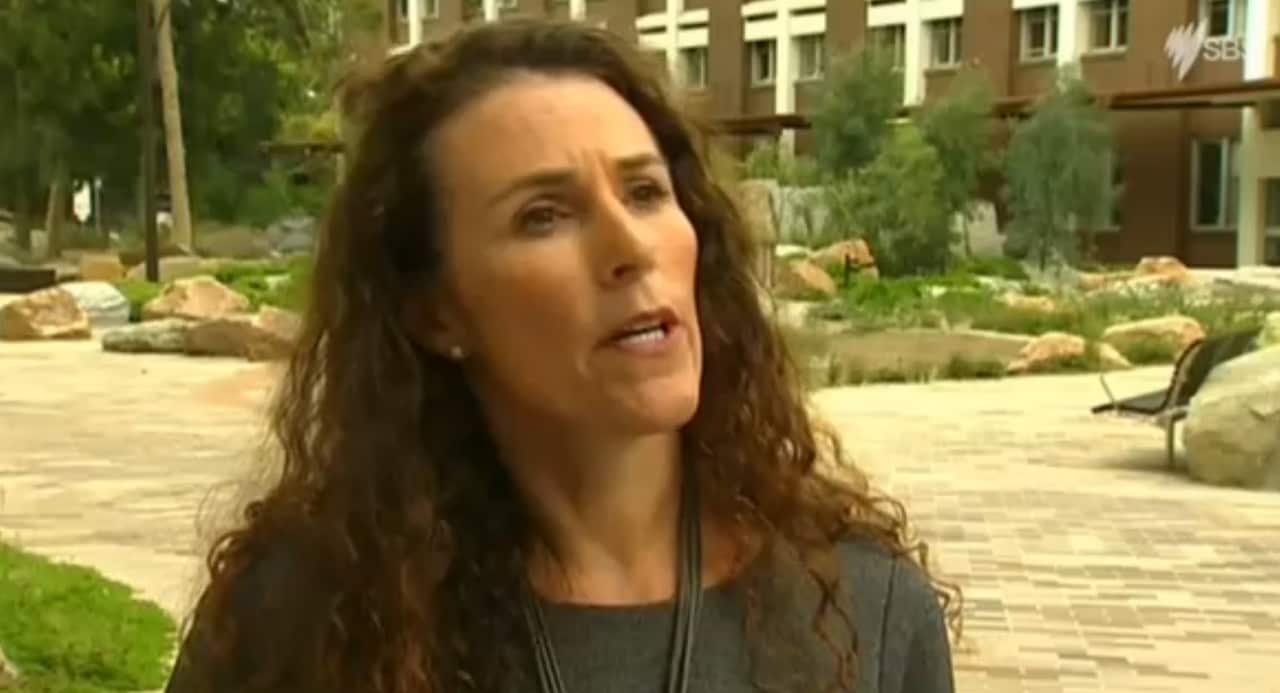Dire sanitation causing premature death is common to slums across the world, where running water is rare, toilets are rudimentary and sewerage and drainage are either ineffective or non-existent.
Monash University Professor Rebekah Brown was determined to change that.
She's leading a $14 million, five-year project which she's hoping would improve health outcomes by revitalising sanitation infrastructure.
"These are localised infrastructure and architectural solutions that capture water, that cleans water, that recycles it for urban agriculture and provides an alternative supply of water for these ," she said.
The project will initially focus on revitalising slums in Indonesia and Fiji.
Prof Brown said it would take place with what she described as an unprecedented cross-section of professionals.
"We have medical researchers, engineers, ecologists, scientists, economists, social scientists and architects all coming together," she said.
The research would focus on infrastructure and sustainable design. Infectious disease specialist Doctor Karin Leder said the project was underpinned by improving health outcomes.
Infectious disease specialist Doctor Karin Leder said the project was underpinned by improving health outcomes.

Doctor Karin Leder (SBS) Source: SBS
"Inadequate water and sanitation leads to the death of over three-quarters of a million children every year - particularly children under five, who are most vulnerable to the impacts of infections from contaminants in the environment," she said.
Federal Environment Minister Josh Frydenberg said the outcomes were potentially profound and should assist greatly in planning the world over, saying: "The findings will contribute to how infrastructure policies, investments, loan strategies and their sustainability across the Asia-Pacific and the developing world are implemented."
And once a working model was established, Professor Brown hoped the concept would be applied elsewhere, saying: "We should be able to roll out this new solution to providing supply, sanitation and flood protection to the urban poor globally - to other parts of the world outside the Asia Pacific and to our own remote communities here in Australia."
Work on the project will begin in July.
Share



